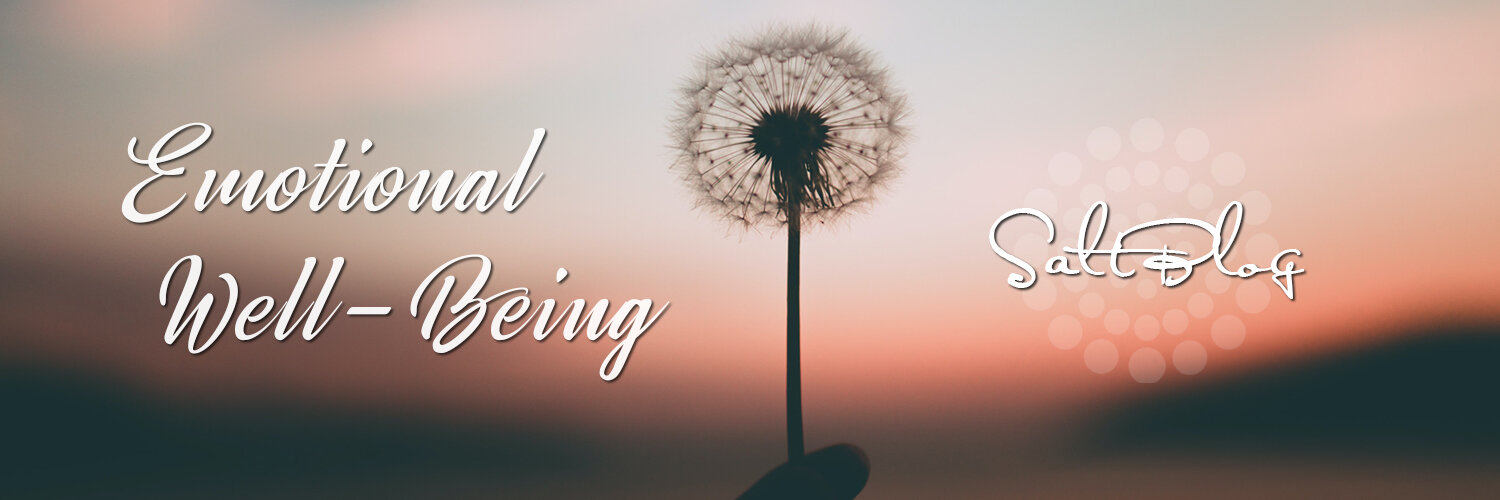What an uncertain and unprecedented time we currently live in! When it comes to fighting against the disorienting sense of limbo that can come with a pandemic quarantine, I could talk about the importance of structure in our days, and a routine set of self-care goals. But my thoughts are now turned to the theme of dwelling in God’s love and absorbing the assurance and contentment we can experience in His presence, no matter the circumstances.
Psalm 103:8 NLT
“The Lord is compassionate and merciful, slow to get angry and filled with unfailing love.”
Before the arrival of Covid-19, I read the biography of a British actress whose work I admire. I had no idea that she was widowed when she was thirty-nine with two sons under the age of nine. And she was five months pregnant with their third son, when her surgeon husband died suddenly of a heart attack at age forty-three. In an interview after her husband’s death, she said “Now I’m the sole breadwinner. I have to try and work non-stop, to make things work.” In that context she also said “I think the difference between finding happiness, or moments of happiness, is how you choose to interpret things. That’s a rather shocking responsibility: that we’re responsible for our own happiness. It’s not those around us.”
2 Corinthians 4:16 NLT
“That is why we never give up. Though our bodies are dying, our spirits are being renewed every day.”
Moments of happiness. I inhaled at the sudden sense of freedom I felt from that thought! This concept helps me accept temporary happiness as something to look forward to. I freed myself from the subconscious pressure of working at achieving happiness as a full-time occupation. I try to focus on recognizing moments of happiness sooner, and to savor them more fully. I prefer to see happiness and contentment as a beautiful monarch butterfly that occasionally lands on my shoulder.
James 1:17 NLT
“Whatever is good and perfect is a gift coming down to us from God our Father, who created all the lights in the heavens. He never changes or casts a shifting shadow.”
In times of self-review, I discovered I spent too much time in a subconscious guilt from what I perceived as me falling short of standard adult life goals. I examined which missed expectations were causing all this low-grade guilt, and I almost laughed out loud. My self-expectations were unreasonable, no longer valid, and were certainly not from God. Once I stopped feeling that guilt, I felt so relieved. This helped me slip off the straps of a very heavy backpack from my mental shoulders. I let go of the subconscious practice of trying to earn contentment, and embraced the idea that contentment is a state of being that I choose.
A sense of peace is my new normal and is a much more enjoyable way to spend my time. I realized that feeling happy and content, and feeling emotionally safe and secure, is what I become when I am in the presence of God’s love. His love heals me as I experience His assuring presence. I can let go of all guilt when I feel frustrated and anxious. Feeling discontent or even just “blah” is not a condemnation for having missed the mark. It’s a sign I need to enter God’s presence and receive His healing love.
Romans 8:6 NLT
“So letting your sinful nature control your mind leads to death. But letting the Spirit control your mind leads to life and peace.”
During a recent time of prayer and worship I saw a mental image of a hallway with an inviting golden light at the far end. It reminded me of childhood bedtimes when I couldn’t fall asleep right away. Sometimes I would tiptoe down the hallway toward the living room, and sit against the wall, just out of my parents’ sight line.
I would sit there and see the warm living room light just around the corner and enjoy hearing the hum of my parents’ conversation. I wasn’t close enough to hear what they said. I didn’t need to. I simply wanted their company and it comforted me to be near them. Soon I was sleepy enough to slip back into my bed and fall asleep.
During this same prayer time, I was surprised to internally hear God’s still small voice say “Enter the room!” I understood this invitation and immediately jumped at the opportunity to be in God’s presence. I imagined myself finally turning the corner and entering the room where I wanted to be, in the company of His infinite love. I felt it all around me, warm and comforting on my skin like a warm bath. I sensed God say “You don’t ever have to leave.”
I understood this to be a reminder that I’m never without His love, which accompanies me everywhere. His love never fails and it never ends. As I enjoyed God’s presence, I noticed the walls of this imaginary room faded away and a large open meadow came into my internal sight. I then heard God say “Stay in my love forever.” I’m so very thankful for this Holy Spirit reminder of how rich and secure I am in God’s unconditional love.
In what areas of your life would you like to experience a greater sense of peace and God’s healing love? Walk into God’s living room. He’s waiting for you there.
Psalm 103:12-14 NLT
“He has removed our sins as far from us as the east is from the west. The Lord is like a father to His children, tender and compassionate to those who fear Him. For He knows how weak we are; He remembers we are only dust.
About the Author
Sara has attended CitySalt Church since 2004, the year it was founded. She studied Journalism, wrote for her college newspaper, and is a member of Oregon Christian Writers. Sara also enjoys singing hymns with friends: “there is a sermon in every hymn waiting to be discovered and enjoyed.”
















